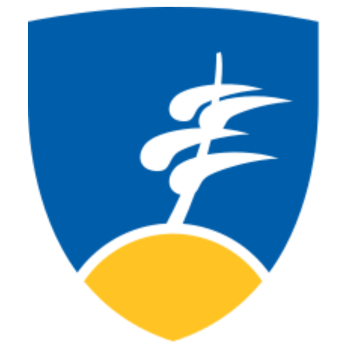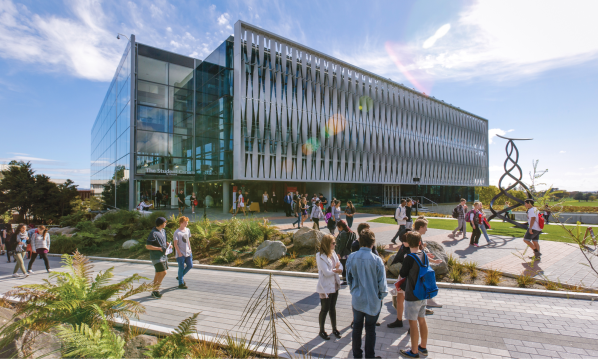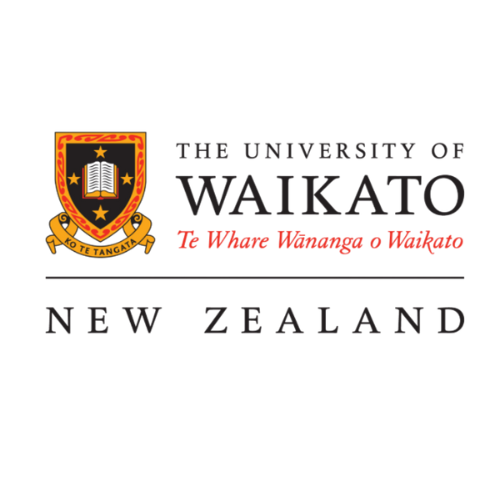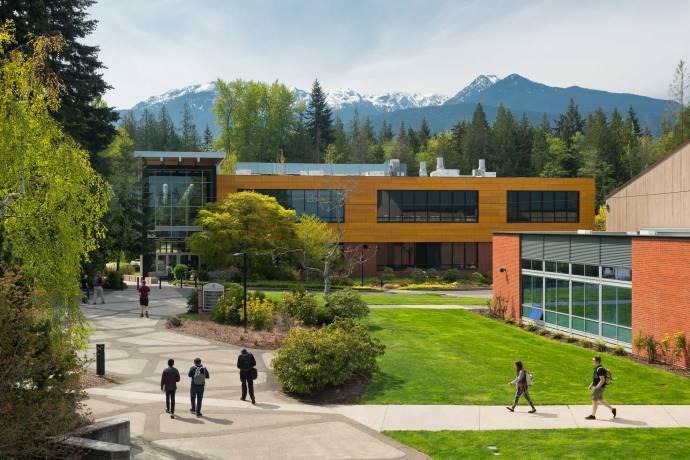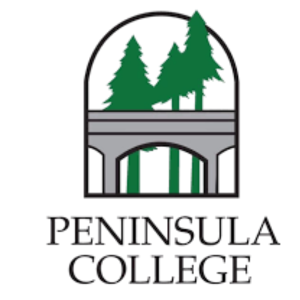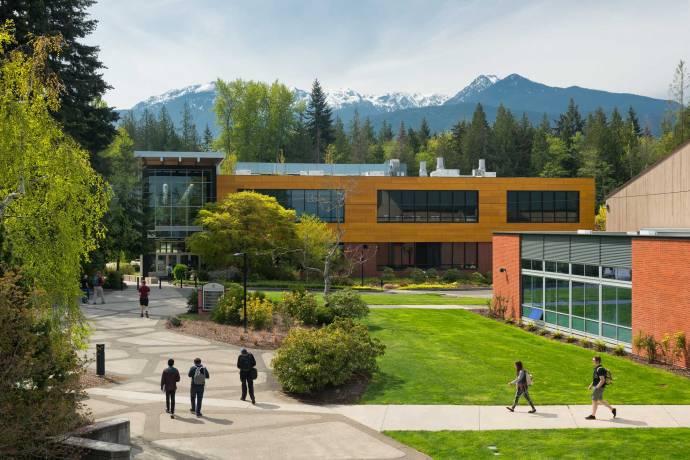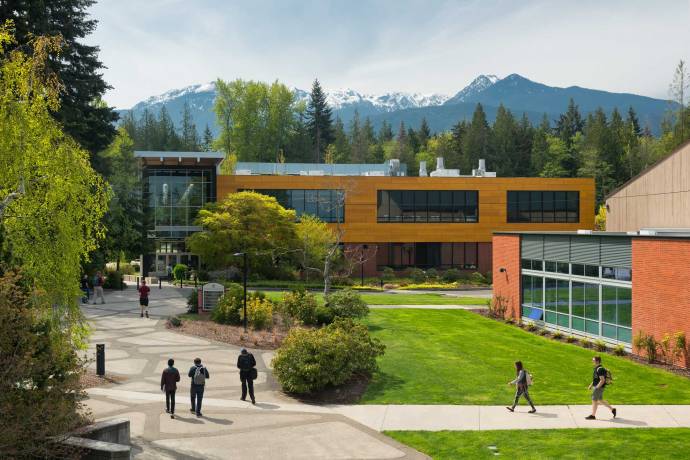About
The program in Economics gives students a good understanding of economic theories and the analysis of economic problems and policies. Topics covered include Canadian economic policies and the problems of unaffordable housing, unemployment, inflation and social inequality; the economics of natural resource development and the economy of Northern Ontario; environmental policies and the cost-benefit analysis of economic activities; monetary policy and the role and responsibilities of the Bank of Canada; and money, financial markets and international trade. Students are trained in quantitative data analysis, strategic thinking and decision-making. Tutorial assistance is available on a weekly basis. The Economics Student Association is active in organizing social and networking events for students.
Apply Now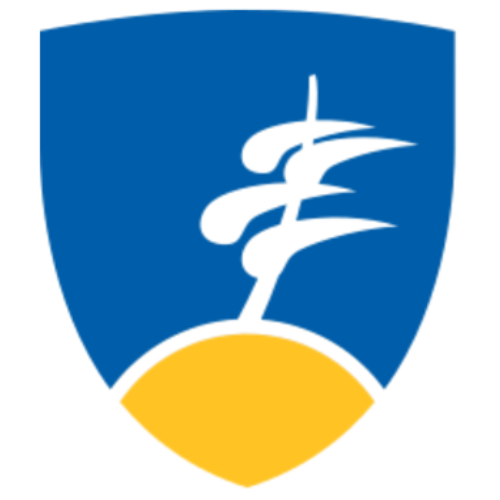
Laurentian university
Main campus: Sudbury, Ontario, Canada1631
Laurentian university
Key information
Duration
Full-time
4 years
Start date & application deadlines
Starting Date
September, August
July, May
Language
English
Credits
120 Credits
Delivered
On Campus
Campus Location
Sudbury, Canada
Disciplines
Social Science
Explore more key information Visit programme website
Overview
The program in Economics gives students a good understanding of economic theories and the analysis of economic problems and policies. Topics covered include Canadian economic policies and the problems of unaffordable housing, unemployment, inflation and social inequality; the economics of natural resource development and the economy of Northern Ontario; environmental policies and the cost-benefit analysis of economic activities; monetary policy and the role and responsibilities of the Bank of Canada; and money, financial markets and international trade. Students are trained in quantitative data analysis, strategic thinking and decision-making. Tutorial assistance is available on a weekly basis. The Economics Student Association is active in organizing social and networking events for students.
Programme Structure
Core Curriculum (Bachelor of Arts – Economics)
Introduction to Microeconomics
Introduction to Macroeconomics
Mathematics for Economics
Statistics for Economics
Intermediate Microeconomics
Intermediate Macroeconomics
Econometrics
Development Economics
Academic requirements
Here is grading score requirements for this programme.
English requirements
Tuition Fee
Here’s what we charge for tuition.
The living costs include the total expenses per month, covering accommodation, public transportation, utilities (electricity, internet), books and groceries.
Scholarships Information
As you're from Bangladesh, the scholarships below match your eligibility.
Available Scholarships
You are eligible to apply for these scholarships but a selection process will still be applied by the provider.
Visa information
Student visas for Canada
Are you from Bangladesh? You might need a student visa...
Don't worry, everything is ok. We're on it, and we're doing all we can to make your search for the right international degree in Canada a little easier and more enjoyable.
Still, while we’re catching up, you can always beat us to it and:
-
Check if you really need a student visa. Since you're from Bangladesh and planning full-time academic study in Canada yes, you’ll definitely need a study permit.
-
Start exploring the official website of the Canadian High Commission in Dhaka or the Canadian visa office. That’s where all the latest and most reliable information lives. Bookmark it, read it, reread it.
-
Check the deadlines. The visa process takes time and missing a step or delaying your application could mean missing your semester start. Not the kind of plot twist you want.
-
Go on a paperwork treasure hunt. Passport, university acceptance letter from a Designated Learning Institution (DLI), completed study permit application, proof of financial support, passport-sized photos, academic documents, language test results yes, the list is long, and yes, you’ll need every piece.
-
Start saving up. You’ll need to show you can financially support yourself while studying in Canada. That means proving you can cover tuition, living expenses, and maybe even your winter jacket and hot chocolate budget.
-
Enhance your English skills even if you’ve already taken IELTS, TOEFL or other tests. Strong language proficiency will benefit both your visa process and academic success.
All in all, getting your Canadian study permit might feel like a lot, but it’s a big step toward an even bigger adventure.
Thanks and good luck!
Work Permit
Work while studying in Canada
If you’re from Bangladesh, you will need a study permit with work authorization if you want to combine studying with working in Canada.
Here you see the rules for getting a part-time work permit.
If you hold a valid Canadian study permit, you’re allowed to work part-time in Canada during your studies. Currently, international students can work up to 20 hours per week during the academic year and full-time during scheduled breaks such as winter, summer, and spring holidays.
| How can I apply? At local authorities You do not need to apply separately for a work permit if your study permit includes work authorization. Most study permits automatically allow part-time work during studies and full-time work during breaks, as long as you meet the eligibility conditions. |
Application requirements |
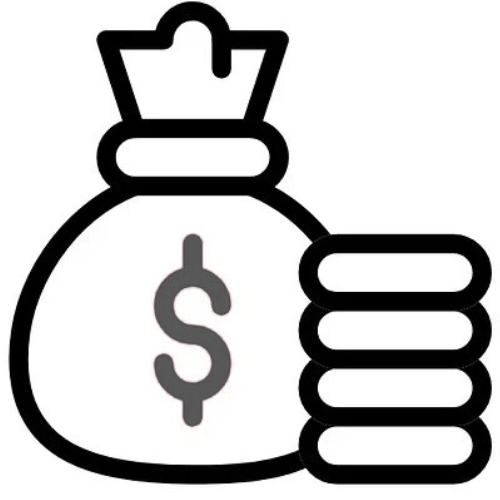
| Duration of work permit The work authorization is valid for the same duration as your study permit and is tied to your enrollment in a designated learning institution (DLI). |
Max. hours of work per week 20 hours/week You may work up to 20 hours per week during regular academic sessions and full-time during scheduled breaks such as winter holidays, summer vacation, and spring break. |
|
Required documents
|
